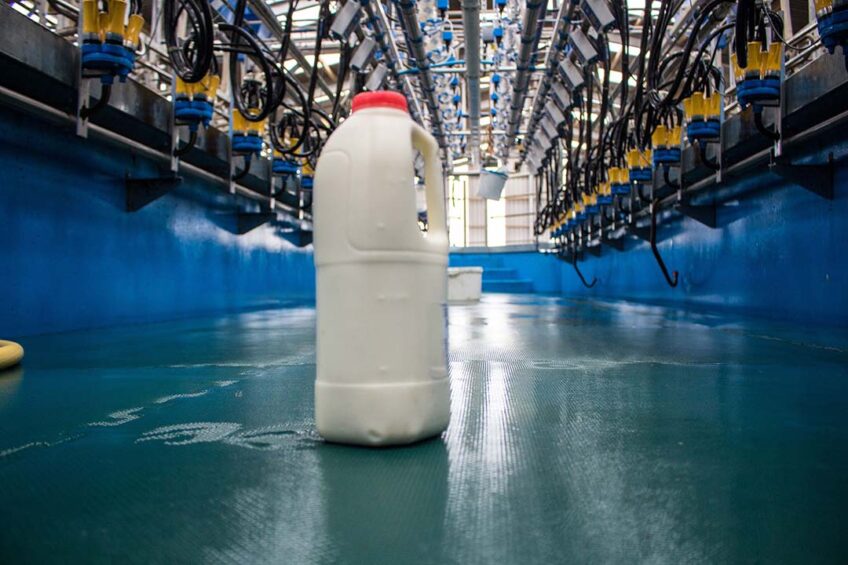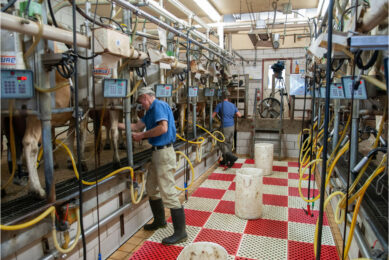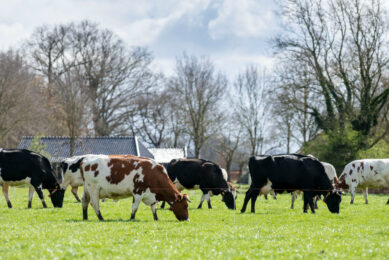EU and state subsidies for Hungarian dairy industry

Hungarian dairy companies received several rounds of EU and national subsidies, which will help them endure a turbulent time.
In the past few weeks, Hungarian dairy companies received state aid of HUF15 billion (€39.2 million) in addition to HUF9 billion (€23.2 million) transferred to accounts in September. The national subsidies, however, are deemed minimal compared to the €8.1 billion of EU aid obtained in October-November.
Hungarian dairy business largely welcomed the decision, which should affect 3,600 operations.
Zsolt Feldman, Hungarian agricultural minister, earlier said that monetary support is not the only tool designed to help the dairy businesses. In addition, the farmers are eligible for soft loans with subsidy interest rates under the Agrár Széchenyi Kártya programme.
Over the past 2 years, each sector of Hungarian agriculture has been facing unprecedented and unexpected difficulties, said Feldman, explaining the rationale behind providing financial aid. In addition, since August 2023, the Hungarian government has left the price caps that were imposed in 2022 at bay to deal with food inflation. Authorities explained that this has been done to improve the profitability of livestock producers.
Mounting challenges in the dairy industry
Hungarian dairy businesses warned about dire market conditions due to soaring imports and waning demand in previous months. Hungarian dairy imports are on the rise and inflation hampers consumption, according to a report released by the Hungarian Dairy Product Council in October 2023.
Hungarian milk farmers face falling farmgate prices, which were 32% below the level of January 2023 and 17% lower than in October 2022, the organisation said.
“This trend is partly attributed to the milk surplus emerging as a result of the expansion of milk production in Europe, as well as the falling consumption of milk and dairy products by households across Europe as a result of high inflation,” the organisation added.
Cheese and milk imports from the European Union to Hungary jumped in 2023, the dairy product council said, not providing concrete figures. In some cases, products were entering Hungary at prices well below the production costs, which according to the report is ‘devastating’ the local prices.
To deal with the crisis, the Hungarian dairy industry required state aid.
Join 13,000+ subscribers
Subscribe to our newsletter to stay updated about all the need-to-know content in the dairy sector, two times a week.










